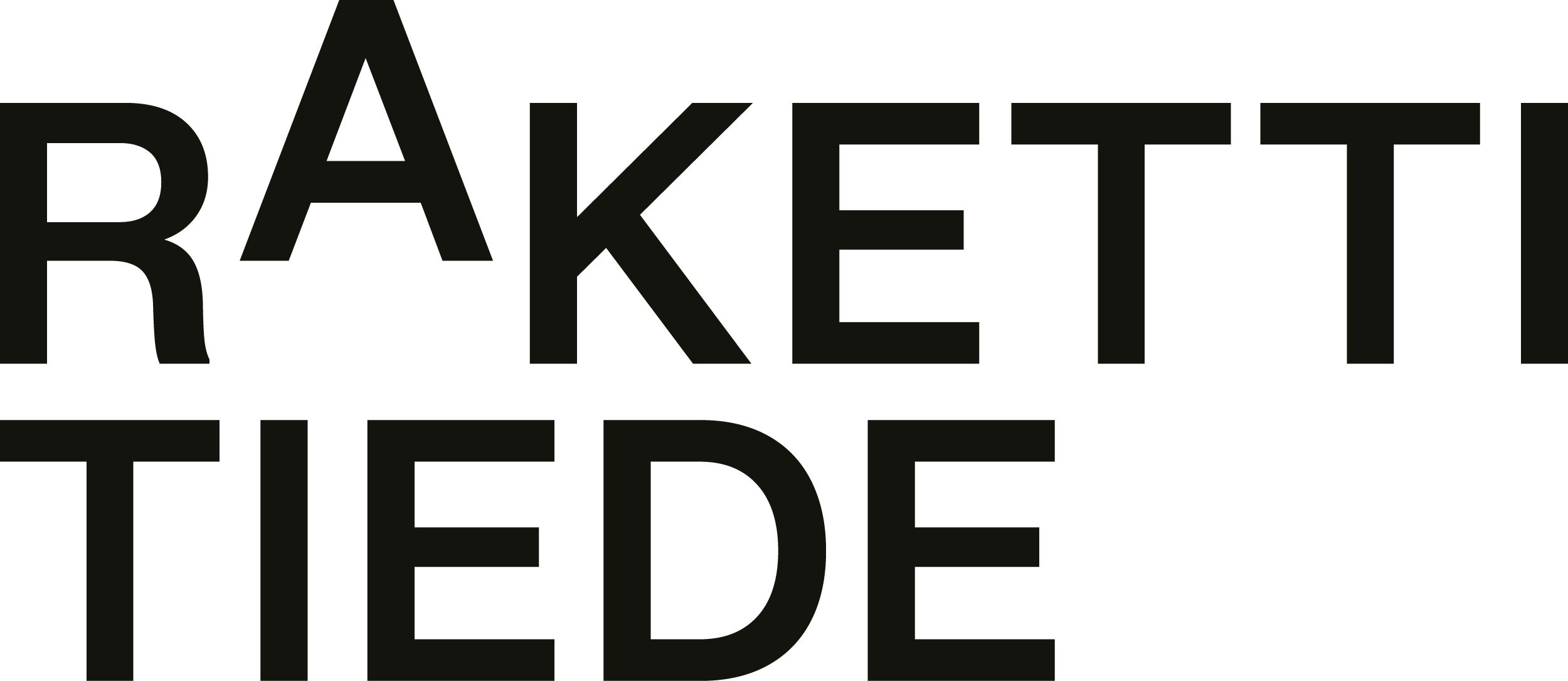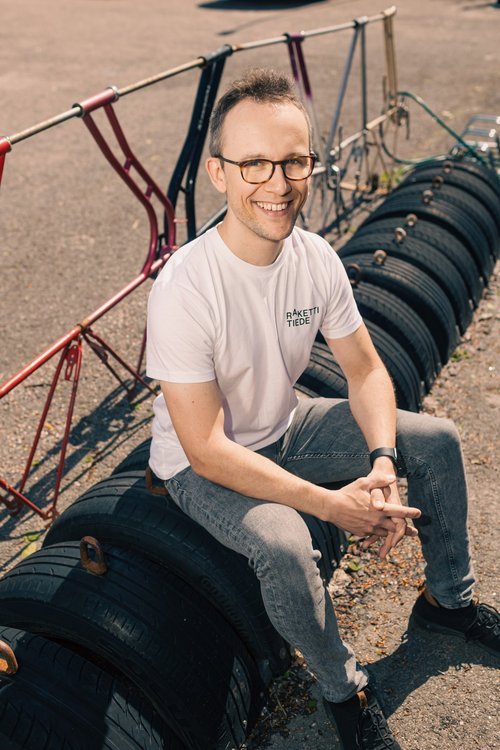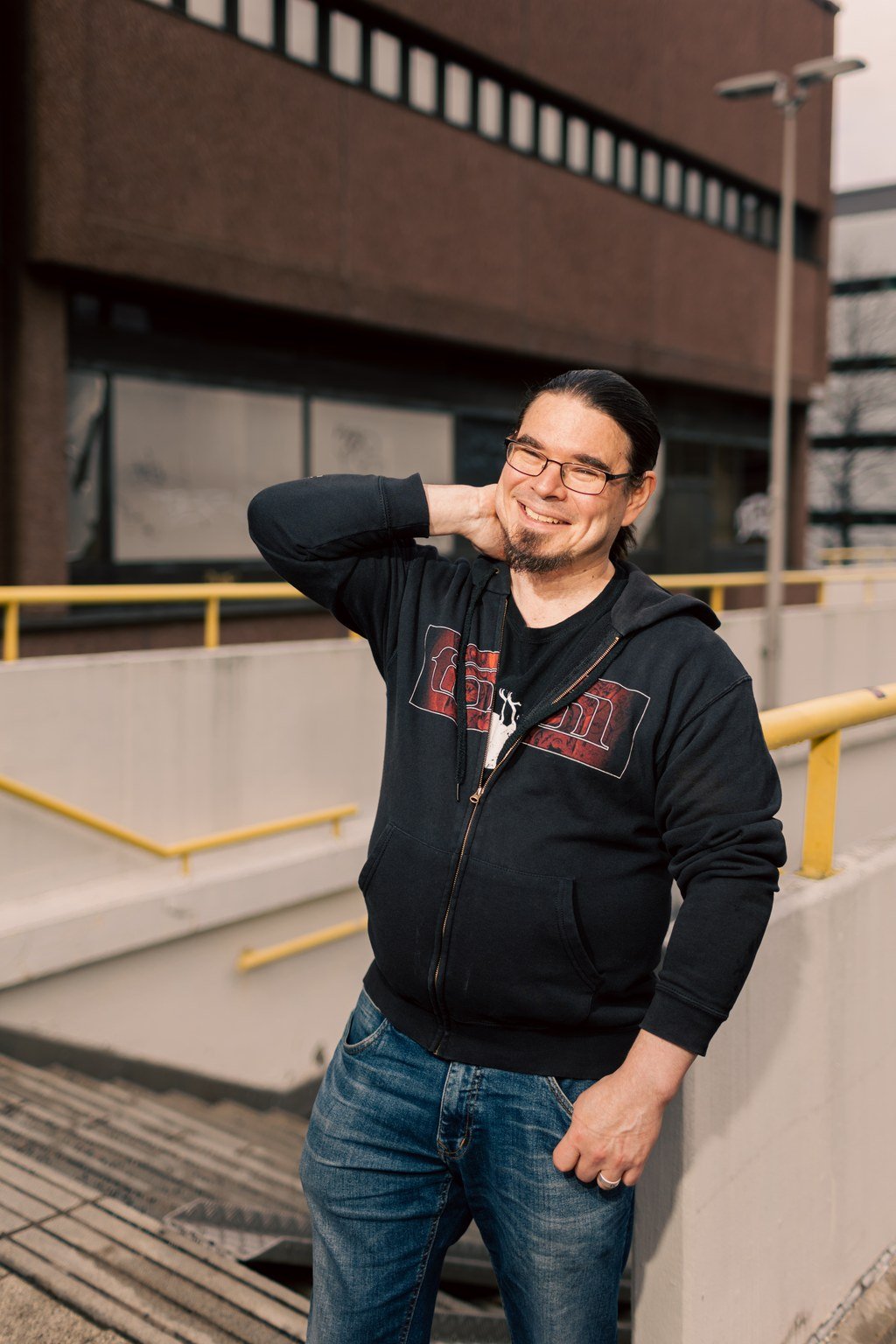What’s in the (tool) box? Consulting is a mix of soft and hard skills
A consultant’s tool kit should include not only HC technical knowledge but also so-called soft skills. We interviewed two Rocket consultants, Joona and Mikko, to discover how empathy, creativity and communication skills help them succeed, aid in balancing technical skills and add meaning to their everyday work.
To stay in the employment orbit, consultants today need a lot more than just expertise in the latest top-of-the-line software development technologies. “Soft skills” make a big difference too. But what are they?
Soft skills refer to a person’s abilities, skills and practices that link to the individual’s personality or cognitive capabilities. They include things such as communication skills, empathy and creative thinking. Soft skills mould the way we act as part of a team, communicate with our colleagues, approach problems and carry out various work tasks. These skills differ from “hard” skills, i.e. highly specific skills related to things like technical knowledge, in that they are connected to interactions between people.
So why are these skills highlighted in discussions on future work skills?
Well, it’s yet another chapter in the same old story: changes in technological development. These changes have modified, in some cases even reduced, the technical skills people need. Simultaneously, situations demanding communication and creative problem-solving have increased.
“Communicative encounters and creative problem-solving will become increasingly important in the future.” - Iida Mäkikallio
“Work life is moving towards automating everything that can be automated, which is only sensible. Once this has been accomplished, though, we need to reconsider things that should be reserved for people. Communicative encounters and creative problem-solving will become increasingly important in the future,” says psychologist Iida Mäkikallio, who specialises in human relations and emotional skills.
We’re talking about essential consulting skills.
But what do the consultants themselves make of this? We talked to mobile developer Mikko Vainio (rocket scientist #30) and full stack developer Joona Olkkola (rocket scientist #36) to find out how interaction skills, empathy and creative thinking can benefit experienced software professionals such as themselves.
How can a consultant benefit from having a set of soft skills?
Rocket scientists regularly come across challenging technical problems that often necessitate years of experience and knowledge in the software industry to solve. Yet, achieving true excellence requires more than just extensive experience; it demands essential soft skills as well. Even the world’s most proficient coder must be able to communicate their planned implementation to the client and the rest of the team in a way they can understand.
For a consultant, having a diverse skill set means having flexibility in their work.
A consultant is an entity with a skill set that’s finely balanced to meet the needs of the client. “It all centres around being able to put yourself in the client’s position and assessing the right approach to the assignment,” says Joona, rocket scientist #36.
“Some tasks require purely technical skills, while others have a different emphasis. When I think of myself as a consultant, I see an entity with a skill set that’s finely balanced to meet the needs of the client. It all centres around being able to put yourself in the client’s position and assessing the right approach to the assignment,” Joona explains.
Soft skills are transferable skills. They can easily be put to use in different types of work tasks and environments when the client or even the industry changes.
“When a consultant has a broad range of skills, it can provide flexibility in situations where one assignment is coming to an end and new assignments are limited. A consultant who can adapt to different environments like a chameleon is more likely to land a job that they like,” says Tessi Reispakka, Growth Lead at the Rocket.
Interaction skills matter
Mikko and Joona agree that interaction and communication skills are the crown jewels of the consultant’s space helmet. Without them, it’s impossible to get to the heart of the client’s problem, let alone solve it.
“One of the most important tasks of a consultant is to have discussions with the client in order to understand what the problem is and how it should be approached,” Joona says.
Changing client assignments require adaptability and excellent communication skills not only when working on the tasks but also when interacting with the client’s team. “Solving new problems with team members you’ve never worked with before is always a learning experience,” Joona says.
Many rocket scientists work in client teams, whose working methods and practices vary. A consultant will find it easier to fit in if they know how to communicate clearly, listen to others, ask questions if something’s unclear and adopt the new team’s ways of doing things.
“Discussions always result in better solutions compared to having someone jot down some desired outcome which is then blindly coded,” Joona adds.
Psychologist Iida Mäkikallio stresses the importance of communication skills when solving problems. “For the team to learn, they need to have the courage to become learners,” she says.
Psychologist Iida Mäkikallio agrees. She stresses the importance of communication skills when solving problems. “For the team to learn, they need to have the courage to become learners. There should be no fear of judgment for not achieving a goal, expressing uncertainty, feeling a sense of failure or asking questions. This is where having excellent interaction skills really makes a difference,” she says.
A consultant needs to have the courage to disagree, challenge things or even call it quits if it seems like things are getting out of hand. This is one of the reasons why companies hire consultants. “Helping the client or team understand why some solution may not be ideal is important. A new, better direction can then be determined together,” Mikko explains. Joona agrees: “If something doesn’t make any sense, you must point that out. That’s exactly what the client is paying for.”
An empathetic environment creates empathetic consultants
Consulting requires the ability to put yourself in the client’s shoes. This is the only way to reach the heart of the problem and understand how solving the problem can change or improve the existing features.
“When I try to come up with the best solution for a client, I start with things that create the most value. The client’s expectations may be unrealistic, but you still need to put yourself in their position and think what the most sensible solution would be,” Joona muses. Having the drive to understand the client’s experience and expectations helps the consultant press on.
“I think of Rakettitiede as a warm blanket or safety net. It sets a good example to follow.” - Joona
Empathy isn’t created in a vacuum nor is it the direct result of the consultant’s effort. The environment plays a role too: being empathetic is easier when people also show empathy towards you.
Both Mikko and Joona consider the mother ship a safe haven that is able to provide support if things get tough at the client’s end. “I think of Rakettitiede as a warm blanket or safety net. The other consultants as well as management are always there to help me and lend me an empathetic ear in a variety of situations. It sets a good example to follow,” Joona says.
Creativity and problem-solving skills are what separate a consultant from a resource. “Simply put, without creative problem solving, our work becomes impossible,” says Mikko, rocket scientist #30.
Mikko nods and adds: “I know I always have a place where I can ask anything and it’s very likely that someone will always give me an answer. It’s a support network that catches you if you fall and helps you with both technical matters and dealing with the client.”
Is there any way of buffing up your empathy muscles? Possibly.
Alongside his work, Joona has acted as caretaker for other rocket scientists. “My role as a caretaker must have unconsciously honed my soft skills and counterbalanced all the technical stuff,” he says. Joona continues that he has learnt to be calmer and developed his listening skills. “There’s a time and a place for expressing your opinions and giving instructions. Providing peer support goes a long way and offers support to yourself as well,” he says with a smile.
Creativity is what separates an excellent consultant from a good one
“Simply put, without creative problem solving, our work becomes impossible,” Mikko says and hits the nail on the head.
One of the most important soft skills is creativity, which helps in finding innovative and unconventional solutions to even the most challenging problems. A curious and creative consultant is more likely to stay up to date on trends and changes in the field and keep their skill set honed for a stellar performance.
Joona points out that creativity can benefit software development in many ways. “The clients’ problems don’t have ready-made solutions that can be grabbed off the shelf. If you ask ten people to solve a single problem, you will end up with eleven different implementations,” he says.
On the other hand, the extent and type of creativity required depends on the role of the consultant.
“For example, UI design requires a particularly large amount of creativity. When you start testing a plan with end users, you will come across different problems that arise only because people have so many different ways of approaching, understanding and using various services,” Joona says and continues: “The users’ creativity may also come as a surprise: the way they come up things we developers never even thought of is astonishing,” he says.
Rakettitiede has a host of talents who are more than happy to discuss challenging cases. “Rocket scientists are tech savvy but also, and more importantly, really nice and hysterically funny. Having such diverse people in your team makes things interesting. It teaches you things,” Mikko says. If you’re searching for hobbies that nurture your creativity, you need not look further than among the rocket scientists: from 3D printing to writing books, the people onboard the Rocket are involved in a broad range of creative activities.
Wondering, how we take care of our consultants’ overall skill sets, in addition to soft skills? Read the next post about competence development in the consulting business.
Looking for interesting projects and competent colleagues with a soft side? Learn more here and send us your application!
Read more:
Emotional management tackles stress




